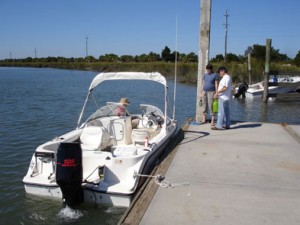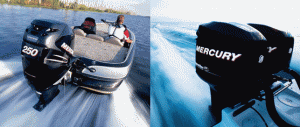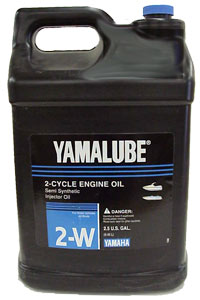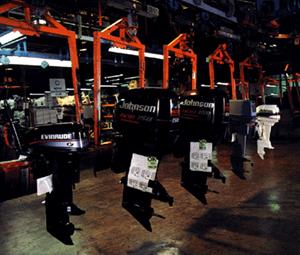Seeking Thrills and Making Plans
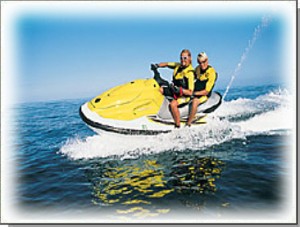
Earlier this summer, my family bought some beachfront property on the western shore of Lake Huron. I took my wife for a number of sailing excursions on our catamaran, and sometimes we’d even strap a life jacket onto the dog and let him join in the fun. But now that fall is here, I’m beginning to think about buying a new toy for next year. The sailboat provides a relaxing experience, but I’m looking for some adventure.
One of my friends recommended that I look into the personal water craft market. I’ve ridden waverunners in the past, but only at parties. Come to think of it, I’ve never really had a bad time zipping through the surf on a personal water craft. I’m going to wait until spring to make the purchase – that way I can save on storage costs – but in the meantime I’ve already started preparing myself mentally.
For instance, I found some information online about proper safety procedures onboard a waverunner in addition to some maintenance tips. It seems that keeping the craft well lubricated with Yamaha 2w oil is among the top priorities. Beyond that, I’ve also let the kids know that they’re in for a real surprise when spring comes. I can’t wait to see their faces when I suddenly appear, bursting through the waves on a personal water craft.


